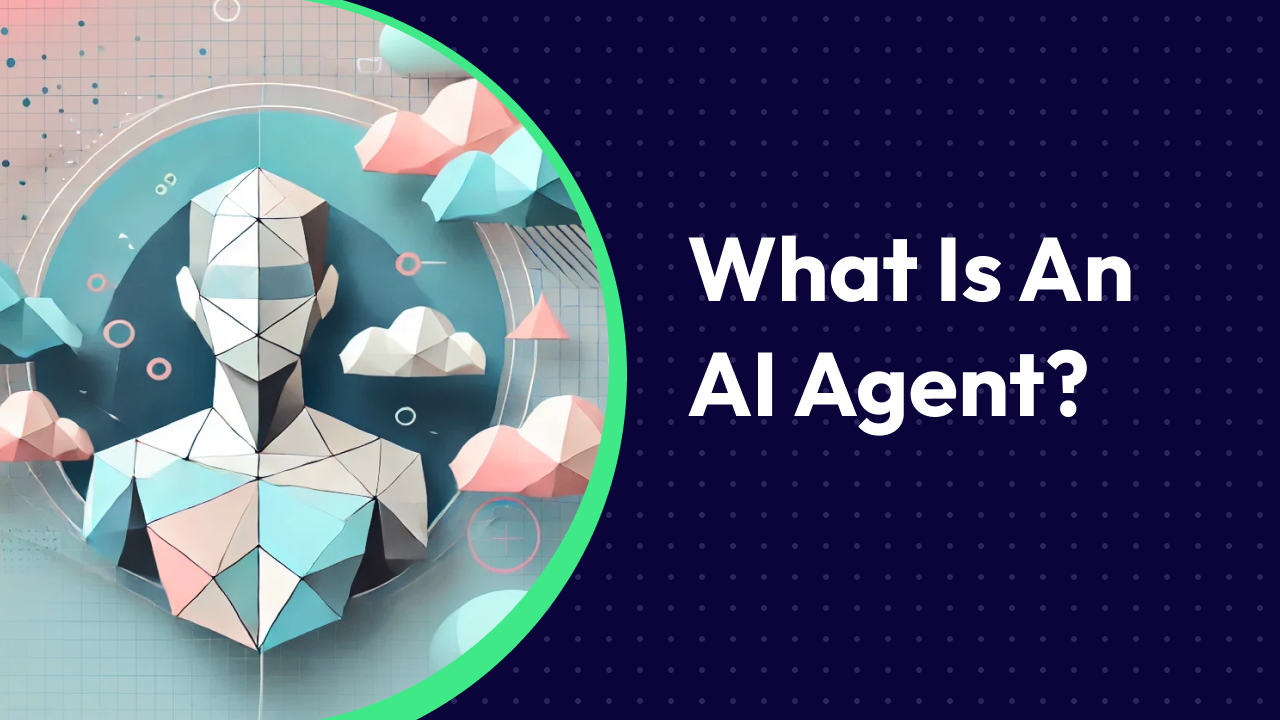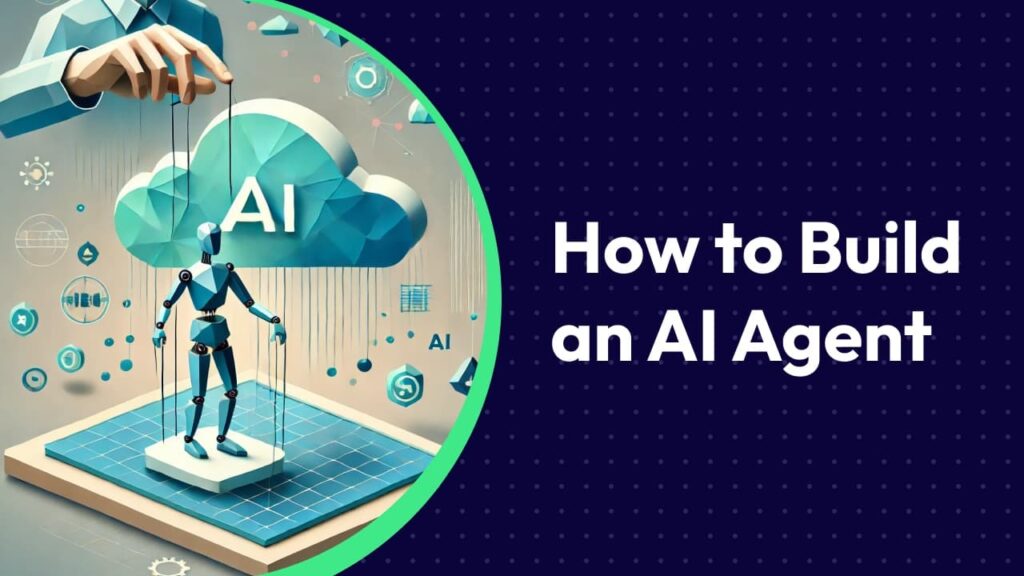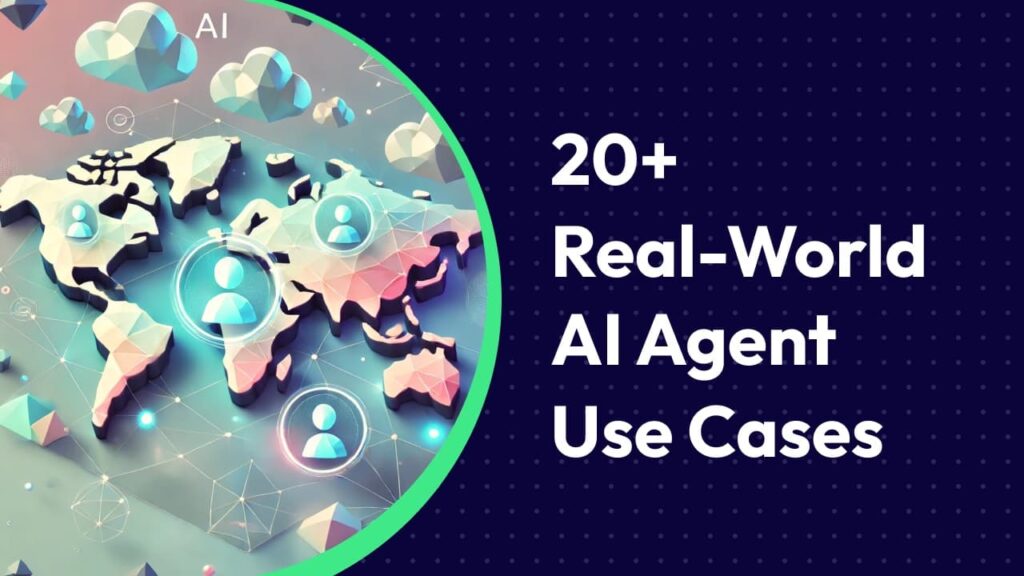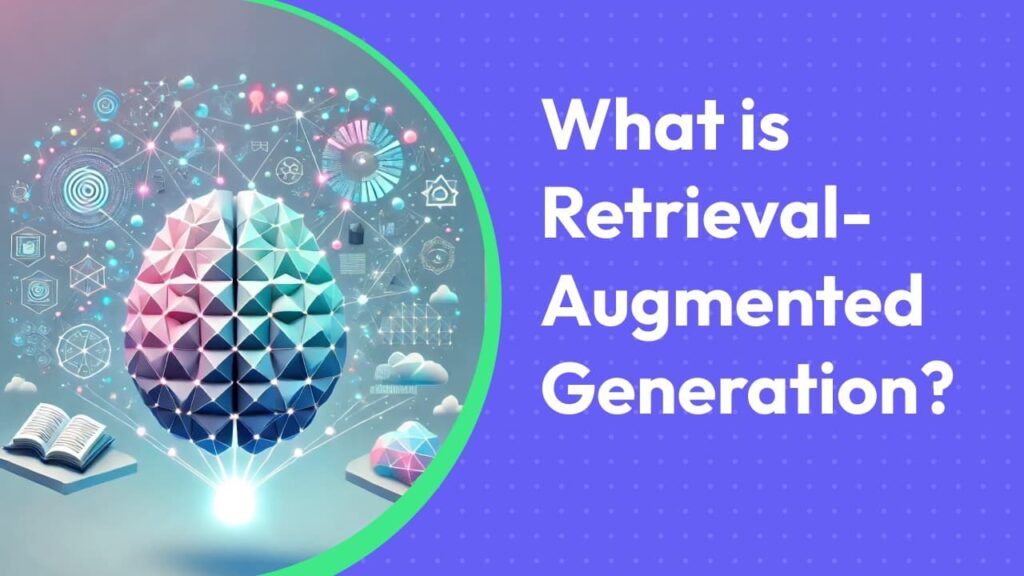- What are AI Agents?
- How Do AI Agents Work?
- What are the Different Types of AI Agents?
- AI Agents as the Future of Business Automation
The Rise of AI Agents in Business Automation
The world of business automation is changing fast. In 2022, the global AI market hit a whopping $454 billion and is projected to exceed $2.5 trillion by 2032. Why? Businesses are chasing efficiency and cutting costs, and AI agents are delivering on both fronts.
Nearly half of all businesses now rely on AI agents for tasks like machine learning and data analysis. The results? Companies have seen up to 50% more leads and significant cost savings.
What started as simple digital upgrades is now evolving into sophisticated AI-driven systems that can take on more complex tasks on their own. So, what does this mean for your business? Well, it’s all about increasing efficiency, saving time, and getting more done with fewer resources.
Today, businesses worldwide are using AI agents to streamline operations, increase efficiency, and optimize resources like time and budget (including payroll).
As more data flows through digital channels and manual processes become increasingly inefficient, AI agents have emerged as a key player in driving business growth and automation. These intelligent systems are not only responding to human queries but are now capable of acting independently, making decisions, and performing tasks autonomously.
But how exactly do AI agents work, and how can they make a difference in your business?
In this article, we’ll explore the fundamentals of AI agents, their types, and how they can significantly transform your business processes.
What are AI Agents?
Brief Definition of AI Agents
Simply put, AI agents are smart systems designed to handle tasks, make decisions, and solve problems without constant human supervision. They analyze data, learn from it, and take action based on the goals you set. Think of them as automated assistants that get smarter and better over time.
In the business world, AI agents take over repetitive tasks, streamline workflows, and make decision-making faster, so your team can focus on what really matters—strategy, innovation, and growth.
Difference Between Open-Source and Closed-Source AI Agents
When it comes to AI agents, you have two main types: open-source and closed-source. Here’s the breakdown:
Open-source AI agents have publicly available code, allowing developers to tweak and customize them. Think of OpenAI’s GPT models or Rasa, which give businesses the freedom to adapt them to fit specific needs.
Closed-source AI agents are built by companies like Google or Microsoft, and their code isn’t open for modifications. They might not offer as much flexibility, but they’re rock-solid and come with dedicated support and reliability.
Whether you need control, support, or an easy setup, there are AI tools to fit every business and industry.
Before diving deeper, let’s explore what AI agents are and how they work to transform business operations.
Key Components of AI Agents
AI agents consist of several core components that enable them to perform tasks effectively:
- AI Models are the algorithms and machine learning models that power the AI agent’s intelligence. AI models help agents understand and analyze the data to make data-driven decisions.
- AI agents rely on a knowledge base, a structured collection of information they use to perform tasks. This could include everything from product manuals and customer FAQs to marketing or legal data. Users create the knowledge base by uploading relevant data sources.
- AI agents retain a memory of past interactions, enabling them to learn and adapt. By analyzing historical data, they can make more accurate predictions and decisions over time. By the way, AI agents like Omninind.ai allow you to configure this feature.
- AI agents use various tools to interact with their environment. These can be APIs, integrations, or third-party software solutions. You can even integrate an AI agent with your CRM system to automatically enrich contacts with the additional data needed for your cold outreach.
- The AI agent’s ability to perform a task is dictated by its actions. This can range from booking a demo to sending an email to updating CRM records.
How Do AI Agents Work?
Now that we know what they are, let’s get into how these AI agents operate. Here’s the process, simplified:
- Perceiving data. AI agents gather data from different sources—like customer interactions, web traffic, or sales figures.
- Processing information. They then analyze that data using advanced algorithms and AI models to spot patterns or make predictions.
- Making decisions. With insights in hand, they decide on the best action based on their goals.
- Taking action. AI agents act! It could be sending an email, updating a CRM, or making pricing adjustments—all automatically.
- Learning and improving. They keep learning from the results and refine their approach, making them more efficient over time.
In simple terms, AI agents are like supercharged assistants—observing, deciding, and acting without needing a push.
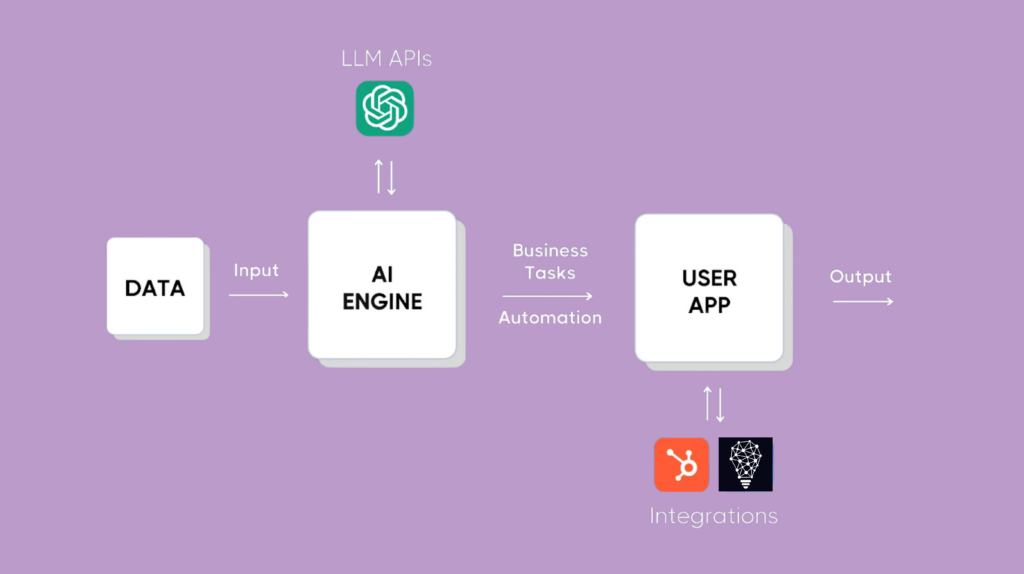
What are the Different Types of AI Agents?
Want to know what types and kinds of AI agents are most common in business? There are several types of them, each suited to different business needs. Below, we’ll break down the most commonly used AI agents and how they differ from other automation tools.
AI Agents vs. Other Types of Automations
While automation tools like Zapier or robotic process automation (RPA) systems automate repetitive tasks based on predefined rules, AI agents can make decisions, learn from data, and perform more complex tasks that require cognition. The main difference lies in the intelligence and autonomy that AI agents offer compared to traditional automation tools.
- ➡️Chatbots
Role in Customer Service: Who hasn’t run into them at least once? Chatbots have become a popular tool for automating customer interactions, such as answering FAQs or providing real-time website assistance.
This type of AI agent can provide more sophisticated responses by accessing a knowledge base, learning from customer interactions, and offering personalized assistance.
Here are some of the most advanced types of chatbots:
- AI-Powered. These chatbots use artificial intelligence and machine learning to understand user queries and provide more accurate responses. They continuously improve by learning from each interaction, thus becoming highly adaptive for customer support and virtual assistant roles.
- NLP-Powered. Natural Language Processing (NLP) allows these AI agents to understand context, intent, and the meaning behind user input. This enables them to hold more human-like conversations, which is ideal for complex interactions or voice-activated systems.
- Context-Aware. These chatbots can remember past conversations and user preferences, allowing for more personalized interactions. They’re perfect for customer support, where recalling previous interactions can improve service quality and provide tailored recommendations.
- Multilingual. Capable of understanding and responding in multiple languages, these AI agents are ideal for businesses with a global customer base. They provide seamless support in many languages, reducing the need for human intervention in international customer service.
- Generative. Using natural language generation, these chatbots create dynamic responses instead of relying on pre-scripted answers. They’re often used in content creation and interactive conversations, where flexibility and variety are needed.
- Chatbots with Machine Learning Models. MLM-powered AI agents integrate machine learning models to handle specific tasks such as sentiment analysis, image recognition, or recommendation systems, allowing them to go beyond simple text interactions and offer deeper insights.
Tools: AI chatbots, such as Intercom, Drift, and Zendesk AI, can automate customer service tasks, reduce response times, and enhance the overall customer experience.
- ➡️Personal Assistants
Role in Automating Tasks: AI-powered personal assistants have become common tools for managing tasks like smart home control, scheduling meetings, sending reminders, or performing online searches. These AI agents use natural language processing to understand and execute simple commands.
- Task automation. AI personal assistants can automate repetitive tasks, freeing up time for users to focus on higher-priority work.
- Smart home & office control. Assistants like Siri and Alexa are used to control lights, thermostats, and other IoT devices, creating a seamless environment.
- Productivity boost. These AI agents help specialists schedule meetings, set reminders, and manage emails or tasks hands-free, making workflows more efficient.
- Data retrieval. They can perform real-time online searches, quickly retrieving information, whether it’s checking calendar availability or providing data on the go.
Tools: Popular AI-powered personal assistants include Siri, Alexa, and Google Assistant. These tools make day-to-day activities smoother and can be integrated with various third-party apps and devices to provide a connected, smarter experience. Who wouldn’t like their own assistant who manages and understands a lot of things?
- ➡️AI Agents in Sales
AI agents are revolutionizing the sales process, from lead generation to closing deals. Wondering where to start? Sales teams traditionally spend countless hours updating CRMs, managing contacts, and sending follow-up emails—tasks AI agents can now handle automatically.
Tools: Omnimind.ai streamlines the sales funnel by automating lead generation, prospect qualification, and even contact management. With features like real-time buyer signal tracking and intelligent reporting, Omnimind enables sales reps to focus more on engaging with high-value prospects instead of wasting time on manual data entry and admin tasks.

📌Sales Use Cases
- Prospecting
AI agents excel in automating prospecting tasks, ensuring that sales teams always have fresh, qualified leads to work with.
Lead scraping & database enrichment: Tools like the Omnimind Spreadsheet extension help gather and enrich data, pulling valuable information about potential clients straight into your database. This eliminates manual research and keeps your lead list up-to-date.
Cold outreach messages: Omnimind can automatically craft personalized cold emails, including tailored icebreakers and follow-ups. The result is the outreach that feels personal and relevant, boosting response rates and engagement.
Buyer signal tracking: With AI agents monitoring buyer behavior in real-time (tracking actions like email opens, website visits, content interactions, etc.), sales reps can act immediately when a lead shows interest. This gives you a perfectly timed outreach, increasing the likelihood of conversion.
- Contact Management
AI agents can handle CRM updates automatically, logging conversations, updating contact details, and tracking emails without the need for manual input. Sales reps often spend hours every week managing CRMs; with AI agents like Omnimind, this work is done behind the scenes, allowing teams to focus entirely on sales.
Omnimind can keep your CRM updated effortlessly, reducing the risk of losing track of key interactions or missing follow-ups. All communication data is neatly organized, giving sales teams a clear view of every client’s journey.
- Qualification
AI agents take the guesswork out of lead qualification by analyzing your Ideal Customer Profile (ICP) and identifying which customers are most likely to convert.
Imagine starting your day with a prioritized list of high-quality leads, pre-sorted by conversion potential. AI agents like Omnimind automatically filter and sort leads based on your specific criteria, ensuring that sales reps spend their time on the right conversations, not chasing cold prospects.
- Closing Deals
AI agents can assist in the final stages of the sales process, from drafting personalized proposals to providing data-driven insights into which leads are most likely to convert.
For example, AI can analyze previous sales data to offer suggestions on the most persuasive elements to include in your proposal, helping close deals faster. It can also track the status of ongoing opportunities, ensuring no deal falls through the cracks.
- Reporting & Insights
AI agents go beyond basic data analysis, offering predictive insights into your sales pipeline. They can tell you which deals might need more attention, which leads are likely to convert, and what strategies are performing best.
With Omnimind, you no longer have to spend hours crunching sales data; the AI agent does it for you, providing actionable insights at your fingertips. You’ll know exactly where to focus your energy to maximize your sales efficiency.
- Sales Forecasting
Forecasting is a critical part of sales planning, and AI agents can make this process far more accurate. By analyzing historical sales data, buyer behavior, and market trends, AI agents can predict future sales performance with a high degree of confidence.
AI tools like Omnimind help sales teams anticipate revenue flow, adjust strategies in real time, and allocate resources more effectively. With precise forecasting, businesses can make timely data-driven decisions about hiring, budgeting, and growth initiatives. AI agents enable sales teams to see beyond just current performance, allowing them to prepare for what’s coming next.
- ➡️ AI Agents in Marketing
AI agents also play a crucial role in marketing, helping teams automate processes like content creation, scheduling, and smart email campaigns. Using AI-based customer segmentation, marketers can better understand their audience and develop more effective, highly personalized campaigns.
Tools: HubSpot’s Marketing Hub automates lead nurturing, email sequences, and customer segmentation. Jasper AI is an AI-powered content generator that helps create marketing copy in minutes. For social media scheduling and analytics, Hootsuite Insights uses AI to analyze engagement data, while MarketMuse automates content research and optimization.
- ➡️ AI-Based Data Analysis Agents
AI agents are invaluable when it comes to processing vast datasets and generating insights. From automating reporting to predictive analytics, AI agents ensure businesses can make data-driven decisions faster. They can even be applied to SEO and PPC strategies by analyzing competitors’ campaigns and finding gaps in messaging, CTAs, and audience targeting.
Tools: Google Analytics AI automates data collection and provides actionable insights. IBM Watson Analytics analyzes large datasets, automates reporting, and helps with decision-making. The ability to work fast with massive amounts of data is often the most useful thing for us, isn’t it?
- ➡️ Robotic Process Automation (RPA) AI Agents
Robotic process automation (RPA) agents are designed to handle routine back-office functions, such as invoicing, payroll processing, and inventory management. RPAs can be integrated with existing business systems to automate repetitive tasks, reducing human error and increasing operational efficiency.
Tools: Automation Anywhere allows businesses to automate complex processes at scale, allowing teams to automate tasks like invoice generation or data extraction without needing advanced technical skills. UiPath is an AI agent that specializes in end-to-end automation. It focuses on everything from simple data entry to more sophisticated tasks, like automating workflows across various apps and departments.
AI Agents as the Future of Business Automation
AI agents are no longer just a futuristic concept—they’re already here, transforming the way businesses operate. From sales and marketing to data analysis and customer service, AI agents provide an opportunity to automate routine tasks, optimize business processes, and increase overall productivity.
As the demand for more intelligent automation grows, the role of AI agents in business will continue to expand. By integrating AI agents into your operations, you can save time, reduce costs, and gain a competitive edge in an increasingly fast-paced business world.
Ready to take the next step in your growth? Start exploring Omnimind today and unlock qualitatively new levels of efficiency in your business.

How useful was this post?
Click on a star to rate it!
Average rating 5 / 5. Vote count: 8
No votes so far! Be the first to rate this post.
